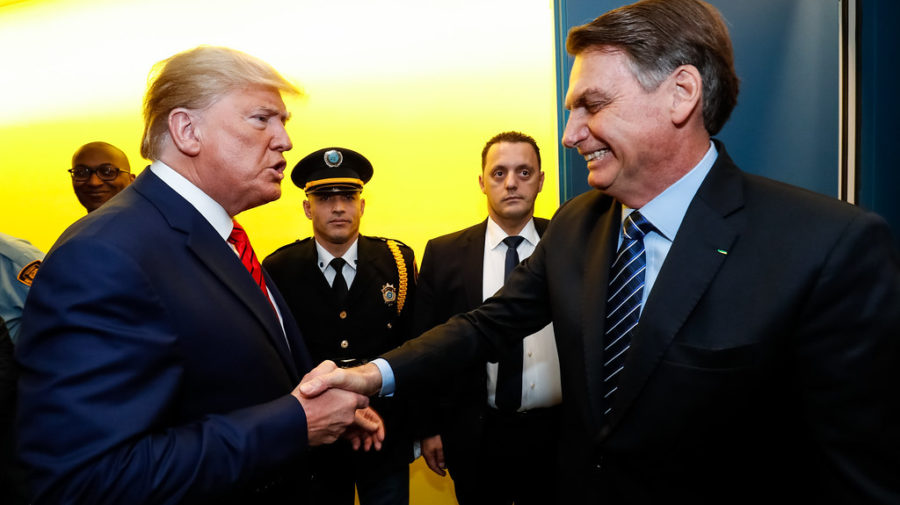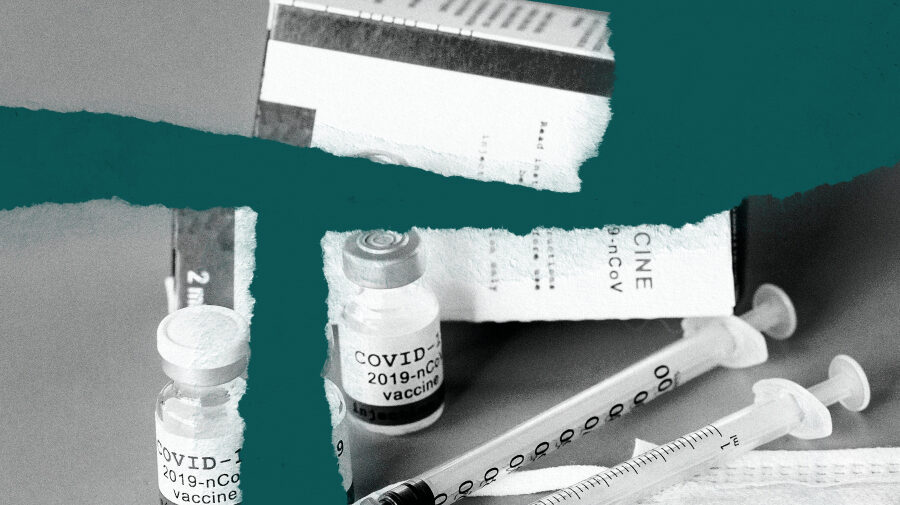Projeto Comprova announced its second iteration in July 2019 having debunked online falsehoods during the Brazilian general elections of 2018.
The broad collaborative network of Brazilian journalists united newsrooms and civil society organisations under one common cause: to scrutinise disinformation campaigns around public policies of the newly elected federal government led by Jair Bolsonaro.
During last year’s general election, the first iteration of the coalition uploaded 146 debunked articles onto its central website. These investigations inspired newsroom partners to publish some 1,750 stories across their own platforms. Follow-up research found that one in four Brazilian internet users accessed Comprova’s work, and nearly 80% said they trusted the network’s reporting.
The second phase of Comprova, which received technical and training support from First Draft, was different in terms of showing the general public the methodology behind a debunk. To explain why the network was brought back together to focus on public policies, Sérgio Lüdtke, editor of Comprova, said: “After the polarised and fractious election debate, we felt that the [elected] president – as a very polemical figure – would throw his backing behind further disputed claims about his administration.”
During the presidential campaign of 2018, local media had reported that businessmen and companies supporting Bolsonaro were using different strategies to spread disinformation. The President’s campaign during this period is currently being investigated by the country’s highest electoral court.
The disinformation had mainly been broadcast on Whatsapp, Brazilian news organisations said. A survey conducted by DataFolha, a polling organisation in Brazil, found that 6 out of 10 electors of Bolsonaro obtained their information around the election through WhatsApp. And according to the 2019 Reuters Institute Digital News Report, some 53% of the population uses the chat app for news.
From July until December 2019, the 24 newsrooms participating in “Comprova 2” produced 77 collaborative investigations which led to at least 520 articles published on partners’ channels, according to the project’s editorial team.
In 2019, the Comprova team chose to publish “more transparent” debunks which would help show journalists and interested members the methods and tools they had employed. The focus was on determining the original source of hoaxes, falsehoods and malicious content. Indeed, there were several instances in which fabricated news was removed from Facebook after the posts’ authors were contacted by a Comprova team member.
In its second iteration, Comprova had to adapt to a new type of disinformation flow. “We did not find bald-faced lies or content that was a total lie,” Lüdtke explained. “We found ‘true’ pieces of information in which nuances had been added to give an interpretation which was totally detached from reality. It is a narrative that pushes people towards false interpretations of facts. In some way, it is a kind of evolution.
“During Comprova’s first phase, we observed a change in how disinformation was created. Sometimes, the content would be very sophisticated, with many narrative elements, and in other moments they would be simplified on purpose, with very short text and low-resolution images. In 2019, we observed that simplicity was the go-to option. This is bad news with the municipal elections across 5,570 cities we will have in 10 months’ time.”
In Brazil, the struggle against disinformation is related to an ongoing battle to reclaim the legitimacy of professional media and to prevent the deterioration of public trust.
The Twitter hashtag #Globolixo (effectively meaning the biggest mainstream media group in the country is “garbage”) was extremely active since the election period. The same applies for other recognised newsrooms in Brazil, such as Folha de Sao Paulo and Veja magazine.
In the last few years, a toxic cocktail of informal news portals and social media profiles providing biased or misleading information has emerged. In some cases they seem to be coordinated. A debunk conducted during the first edition of Comprova by AFP Brasil, a local partner of First Draft, stated that a certain false claim “was shared on Facebook by 142 different pages, most of them openly supporting the far-right presidential candidate”.
Sometimes the persons sharing false claims and amplifying disinformation campaigns included high-ranking government officials, including Bolsonaro himself.
This is exemplified by one such article published by Comprova, which came after Norway decided to freeze funding that had been meant to help preserve the Amazon rainforest (following the alarming increase of deforestation during the first months of Bolsonaro’s presidency).
Bolsonaro posted a whaling photo, actually taken of hunters working in a Danish territory, to criticise the alleged ‘hypocrisy’ of the Norwegian government on his official Twitter profile.
Greta Thunberg, Time’s 2019 Person of the Year, was another subject of false claims. Comprova debunked seven hoaxes intended to discredit the Swedish activist following a trenchant speech at the UN’s Climate Change Summit. One of the hoaxes was shared by the President’s son and congressmen, Eduardo Bolsonaro, on Twitter.
Comprova also worked on setting the record straight on several pieces of disputed content about activism, infrastructure, climate change and the environment, and the economy. In many cases, false data or evidence was used by disinformation actors in order to inflate the performance of the government and discredit its opponents.
“The polarisation continues,” Lüdtke said, assessing the changes to the information ecosystem between 2018 and 2019. “Some of the actors have changed, but a good part of them are activist groups from the electoral period that continue to influence the circulation of content that is misleading or out of context.
“Disinformation is still part of the public agenda in a scenario that is very similar to the one at the start of the 2018 election race.”
Comprova’s importance to Brazilian journalism comes from the fact that the project represents a remarkable joint effort in the country to preserve trust in the media and counter the emergence of dangerous narratives spreading misinformation.






